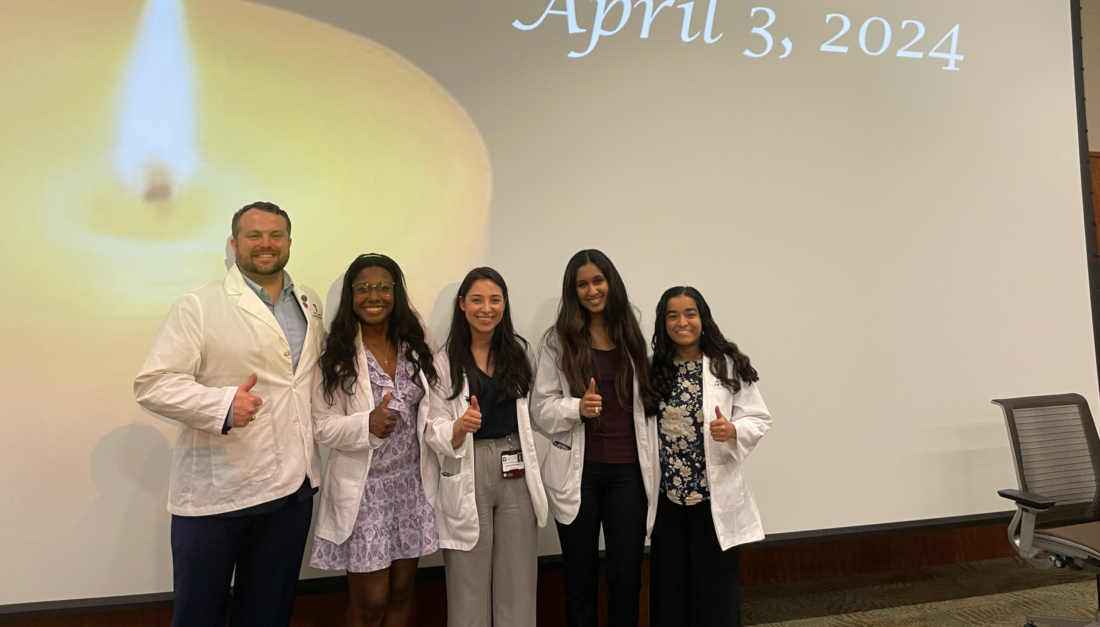IBT laboratory supported by gift from John S. Dunn Research Foundation
(HOUSTON) — The Texas A&M Health Science Center Institute of Biosciences and Technology recently received a $135,000 gift from the John S. Dunn Research Foundation to upgrade it mass spectrometry units for nano-level analysis and support the director of the Proteomics and Nanotechnology Laboratory.
The developing facility is housed within the HSC-IBT Center for Cancer and Stem Cell Biology.
“Proteomics is the large-scale study of proteins in biology,” said Wallace L. McKeehan, Ph.D., director of the HSC-IBT Center for Cancer and Stem Cell Biology and holder of the John S. Dunn Chair. “The expression and activity of proteins are the endpoint products of genes that determine differences between cells and organisms and their interaction with the environment. The human body has only about 25,000 genes but may have as many as two million proteins.”
“Proteomic analysis gives a much more complete and dynamic picture than genomics – the analysis of genes and their transcription,” Dr. McKeehan continued. “Proteins define the actual functional state of a living cell at any moment in time. They serve as endpoint biomarkers for diagnosis of disease states and are the actual targets for modification by drugs.”
The facility not only will provide HSC-IBT researchers a snapshot of the proteins in their individual experiments, but also through its research will push proteomic applications to new levels of sensitivity using nanotechnology. This will allow analysis of minute amounts of sample, for example from tumors or diseased foci at their earliest stages.
The Institute of Biosciences and Technology represents the HSC on the steering committee of the Gulf Coast-based Alliance for Nanohealth.
HSC-IBT researchers study a wide range of disease states in mouse, cell and molecular models that will benefit from the facility. These include cancer, tissue regeneration, birth defects, metabolic diseases and obesity, toxicology, infections, immune deficiencies, and cardiovascular diseases.
The John S. Dunn Research Foundation has been instrumental in developing HSC-IBT research programs through its generous gifts since 1992. Prominent Houston businessman John S. Dunn Sr. established the Foundation in Houston in 1977. It supports programs and organizations involved in biomedical research and educational endeavors of benefit to Texans.
The Texas A&M Health Science Center provides the state with health education, outreach and research. Its six colleges located in communities throughout Texas are Baylor College of Dentistry, the College of Medicine, the Graduate School of Biomedical Sciences, the Institute of Biosciences and Technology, the Irma Lerma Rangel College of Pharmacy, and the School of Rural Public Health.
Media contact: media@tamu.edu


